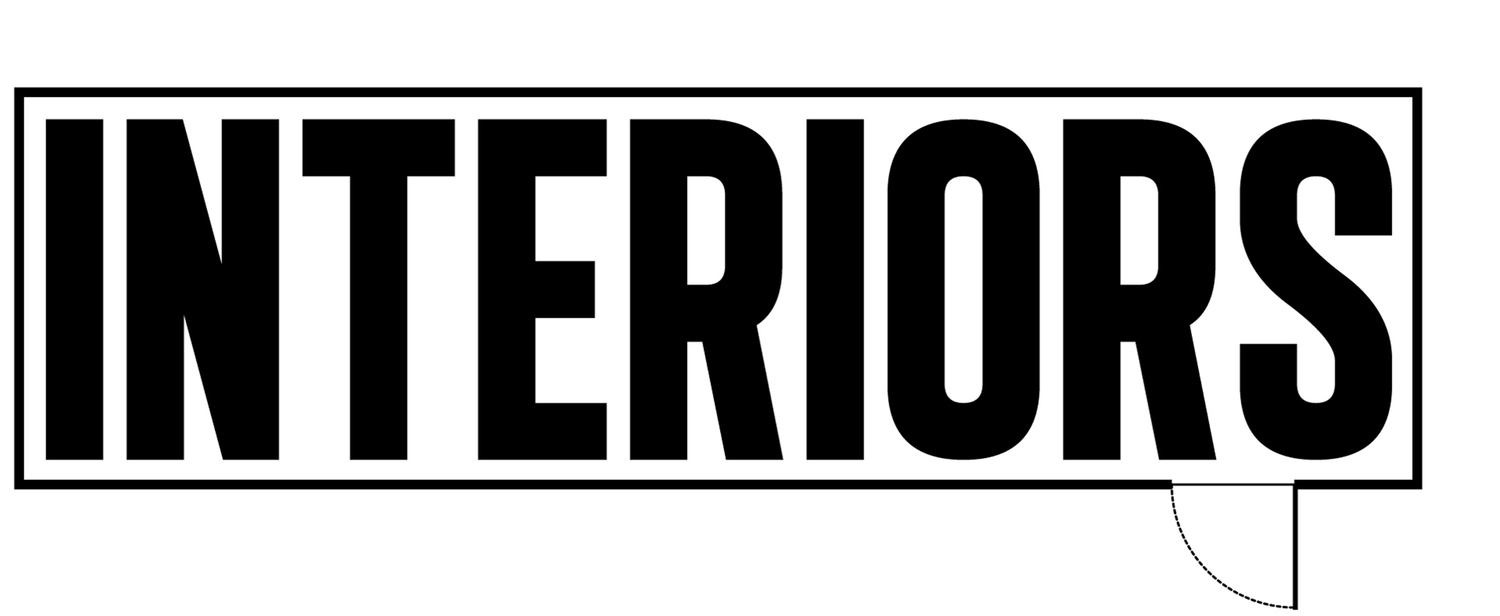Snarkitecture, a collaborative practice formed by architect Alex Mustonen and artist Daniel Arsham, is the quintessential collaborative duo. They each bring in their own expertise to their work; as a result, their projects cannot be explained as an architecture or art project, but rather, a category of its own. Their clean, minimal aesthetic mixed with their masterful sense of scale and space have allowed them to create a wide range of projects, that include pavillions, runway shows, window displays and furniture.
Their beginning started by chance in 2006, with Alex Mustonen being enlisted by Daniel Arsham to help with the architectural aspects of an installation at Dior's retail store in Los Angeles, California. If it wasn't for this collaboration, Snarkitecture may have never been born two years later. They've managed to create an incredible range of projects but it still feels that they've only just scratched the surface.
In an exclusive interview with Interiors, we talked to Snarkitecture about their inspirations, their incredible projects and their future.
INT: The spectrum between "architecture" and "art" is such a unique aspect in your projects and it almost feels as if you've created your own category. Is this or has that always been the intention?
SNARKITECTURE: Definitely. Coming from our respective backgrounds in art and architecture (but with mutual interest in each others disciplines), there was always the intention of exploring the strange space that can exist between art and architecture. We are increasingly working at larger, more architectural scales, but always with elements that push the work into unexpected places for visitors.
INT: In all of your projects, there is a distinct elegant quality. Who are some artists or architects that you take inspiration from, if any? Do you typically find inspiration from designers that have a similar methodology?
SNARKITECTURE: There are certainly artists, designers and architects whose work we admire and respect, but they don't act as a primary influence for Snarkitecture. Our inspirations are just as likely to emerge from dreams, natural landscapes, the way we saw a child interact with architecture, or the music we're listening to in the studio.
DRIFT (2012)
INT: There are several of your projects that are designed as distinct areas or environments (Dig,Richard Chai, Drift), which almost feel reminiscent of a film set. In fact, you could almost imagine an entire film production based on one of your projects with distinct visuals and characters. Have you ever thought about creating these environments for a film?
SNARKITECTURE: Daniel is actively working on this right now through his Future Relic film series, which is very much about creating specific environments that relate to his art work (separate from Snarkitecture). That said, I think we would be game to approach the design of an environment for film - it would be distinctly different than how we normally operate, which is to say that we are nearly always creating spaces and objects which people will physically interact with directly.
INT: You've worked on projects that include different types of performance art, whether it be a performance in the Why Patterns or a fashion runway show for En Noir. These two examples could be seen on opposite spectrums with one being very spontaneous and the other being carefully planned. Are you interested in exploring this spectrum more with future projects?
SNARKITECTURE: While Why Patterns certainly revolves around ideas of chance, it's not necessarily something I would describe as spontaneous. There is a careful and extensive amount of planning that goes into each project we do. A project that might only last 15 minutes can go through a year of design and development from the first stage to the final product. We are interested in these types of projects because they allow us to design a moment that can only really be appreciated in full by being there in person an experiencing it.
In response to your question, we are very interested in continuing to explore and push how performance can alter and manipulate architectural space.
EN NOIR FW14 (2014)
WHY PATTERNS (2010-2012)
The BEach (2017)
RICHARD CHAI (2010)
Odin (2012)
INT: You've mentioned before that you'd like to see an entire space or building as a Snarkitecture project, where the space is designed by you, as well as the objects in the space. Is that still something that you are working towards? Do you have any additional aspirations for future projects?
SNARKITECTURE: Definitely. It's still on the list and we have a few things in mind...
The next big things for us are an immersive collaboration with COS for Salone del Mobile in Milan in April, a project with Print All Over Me at New Museum in New York in May and a massive installation opening this summer in the US that we can't tell you about yet. Stay tuned.
Snarkitecture, established by Alex Mustonen and Daniel Arsham, is a collaborative and experimental practice operating in territories between art and architecture. Exploring the boundaries of disciplines, the studio designs permanent, architectural scale projects and functional objects with new and imaginative purposes.


